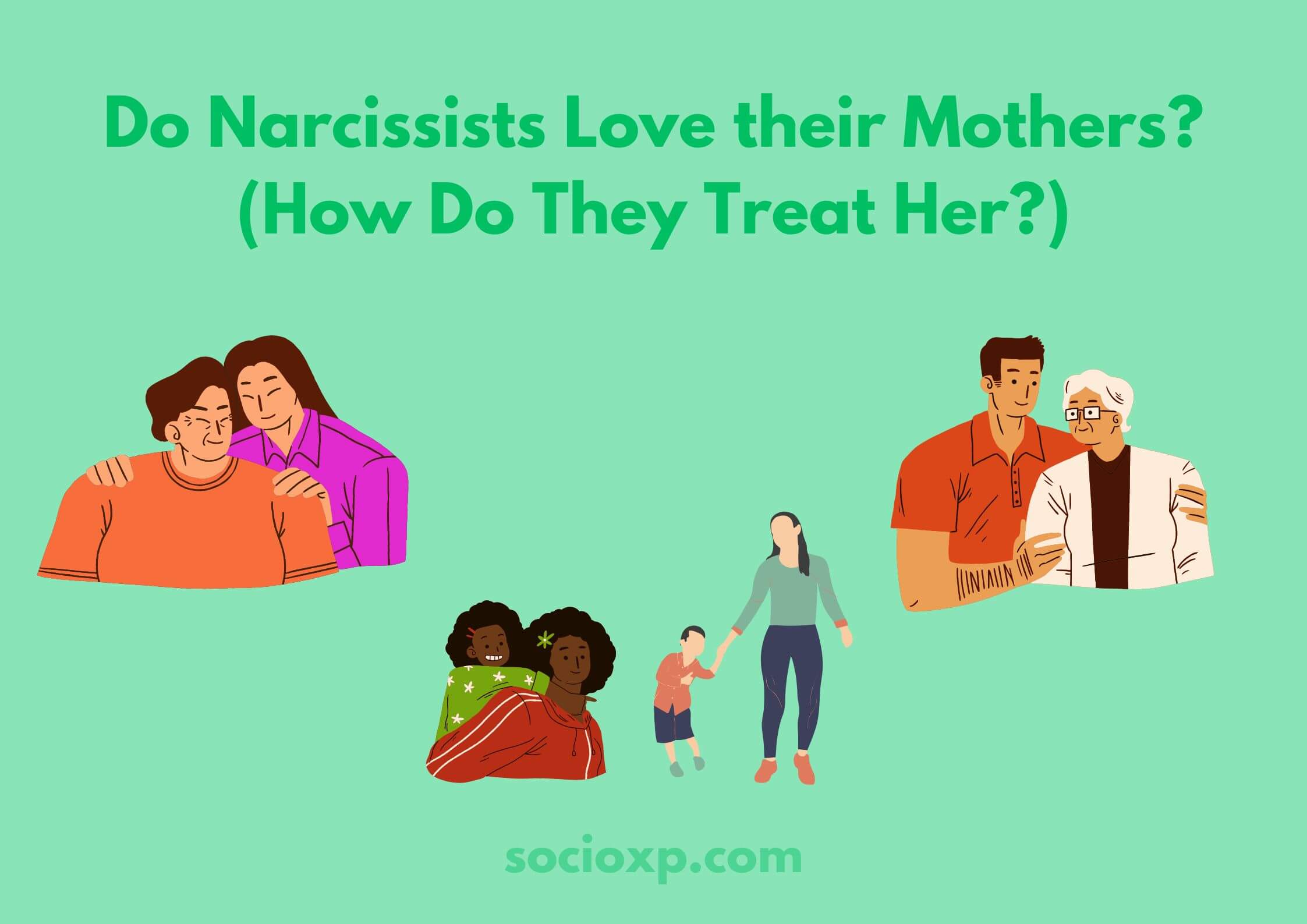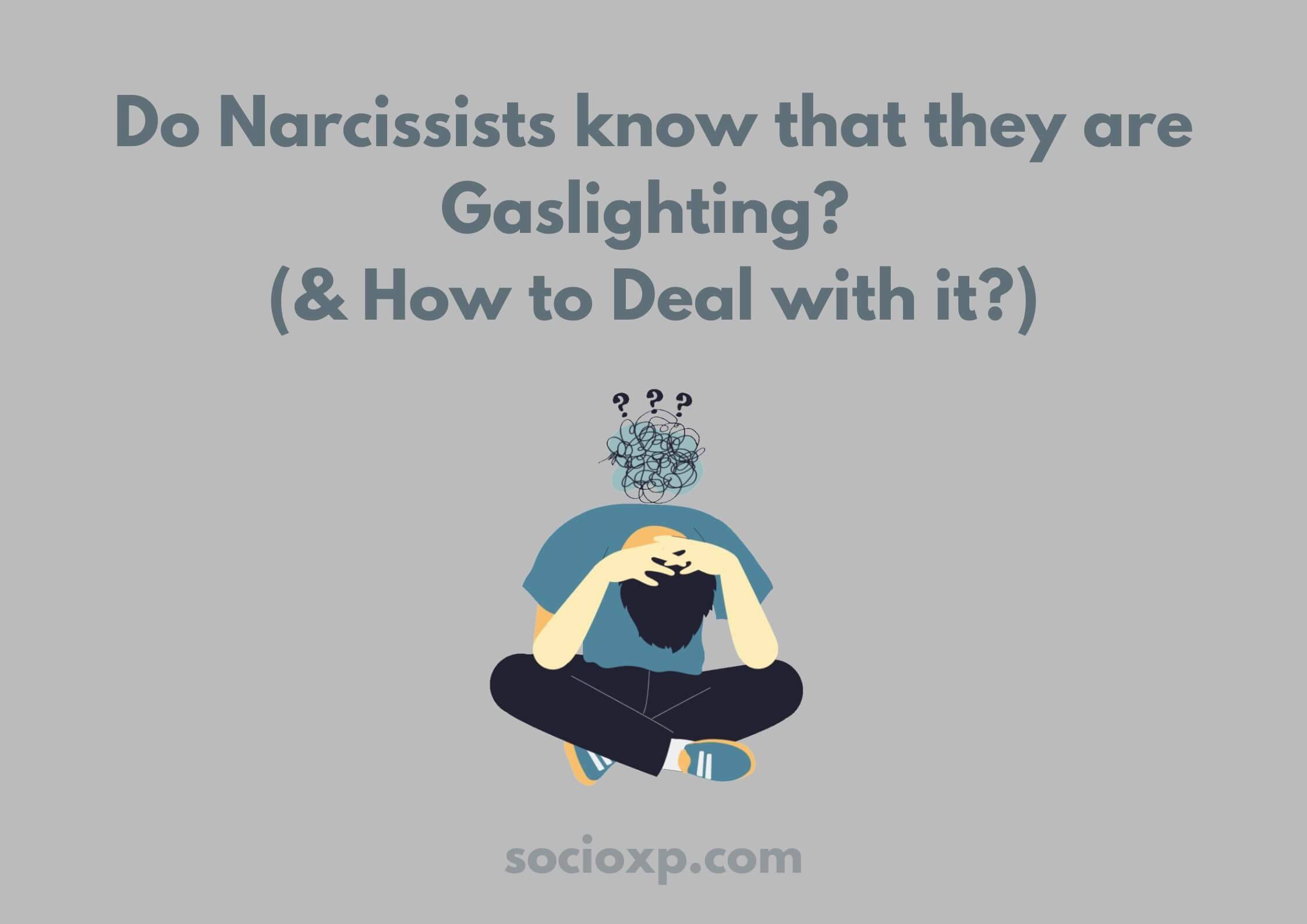50+ Things Covert Narcissists Say
You may not have expected this, but covert narcissists do voice their thoughts loud and clear but in an unconventional yet hostile manner. They may say something but their words might mean something else. Thus here are 50+ things covert narcissists say.
Living in a world full of complex people, one may come across some of the most challenging people to deal with, the Narcissists.

A Narcissist is someone who is often characterized and peculiar regarding their trait of being self-absorbed. They hardly think about others. They always prioritize their self and their needs above others. They have a high sense of self-importance, so much so that they might even ignore their, partner, children, or even parents. Thus it can be concluded, that narcissists only care for themselves, their needs and desires, and their wishes.
One might be able to identify these toxic individuals based on their volatile, loud, and grandiose gestures, who are identified as overt narcissists, but what about those individuals who may not be as ostentatious as them? These individuals are the covert narcissists, who unlike the overt narcissists do not display any such loud and clear traits and characteristics of narcissism.
Then how would you identify these individuals with covert narcissism?
What is a Covert Narcissist?
Covert Narcissists are individuals who are experts at concealing their real toxic personalities and true nature. They hide behind a fake personality, making it difficult to identify and understand them.
Covert narcissists have this subtle, insidious, and calmer presence than overt narcissists. They are often characterized by similar characteristics to that of an overt narcissist but the major difference lies in the way they present themselves.
They are characterized by a strong sense of self-importance, a sense of entitlement, an urge to manipulate others to exploit them, passive aggression, and similar traits as that of an overt narcissist. Despite all these traits, they present themselves as someone with a calmer and subtle presence which makes it difficult to identify them. They often hide their real personalities behind a mask of introversion, shyness, and a withdrawing personality.
Covert narcissism involves fewer signs of the classic or the overt narcissists. Yet these individuals meet the criteria for diagnosis. Their traits may be different but they are even more volatile than the classic narcissists. They are the “calm before the storm” kind of personalities. So how would you identify them?

Signs of a Covert Narcissist
To identify them, one must be aware of their behavioral tactics, a few behavioral characteristics include,
Passive Aggressiveness – Covert narcissists use this technique to deliver the idea of them being angry and frustrated. They might not state this directly but in an indirect manner. Passive Aggression is a prime trait of covert narcissism.
Playing the Victim – When narcissists are accused of something or are confronted, they are so perplexed about the whole situation that they jump onto immediate solutions which include distorting and denying the whole truth and reality of the situation. They would try to reverse the situation and play the victim.
Shyness – Covert narcissists are usually more inclined toward introversion than other types of narcissism, as they are afraid of exposing their flaws. Thus they are shy.
Envy – Covert narcissists may not outwardly display envious feelings, but they may express it through resentment and bitter words about others.
Holding Grudges – Covert narcissists may remember what you did to them even if it was a decade ago. They may not let go of the bad things easily.
Sensitivity to how others might perceive them – They are always careful of how others perceive them. If by chance something may go wrong they would immediately withdraw from the situation and not return.
High sensitivity to criticism – Generally narcissists are unable to digest criticism and they might even plan an act of revenge when someone humiliates them, especially covert narcissists. They have their ways of responding which may not be volatile but damaging.
Grandiose Fantasies – Covert narcissists often have this “Give me time and I will show you how successful I can be” attitude. They often fantasize about gaining superiority, being powerful and controlling, and being special.
A tendency to put themselves down – They may do this to gain empathy, sympathy, and importance from others.
Now that a few traits are known, there is another way to identify the covert narcissist among you, and that is through the way they converse or the things they often say. Let us know, 50+ Things Covert Narcissists Say,
50+ Things Covert Narcissists Say
To recognize someone with covert narcissism, you must pay attention to how they converse or the way they criticize, pinpoint, and blame others but subtly or humorously. Here are a few statements,
Generic things that covert narcissists say
These statements may reveal the subtle yet manipulative side of the covert narcissism,
- “Why do good things always happen to others, am I not deserving?”
- “I have this feeling of always being victimized by others in such situations.”
- “I am always misunderstood by others.”
- “I do not wish to disclose this until now, I have also been through a lot.”
- “Not bragging, but I feel I am quite special and gifted compared to others.”
- “Why am I so underappreciated?”
- “I feel like I do not receive the recognition that I actually deserve.”
- “People always mistreat me and take advantage of my kindness.”
- “Why am I misunderstood always?”
- “I have a feeling that it is just me who is putting in all the effort.”
- “No one understands how hard it is for me.”
- “My talents are underappreciated.”
- “Are you all blind, or am I the only one who can see things clearly?”
- “I am not like others, I am way better.”
- “I don’t want to sound like I am bragging, but ain’t I pretty amazing?”

- “You should be grateful, that I am doing this for you.”
- “I don’t understand why people are so jealous of me?”
- “I am providing constructive criticism just because I care about you.”
- “I would never hurt someone intentionally, but you know some people are just overly sensitive.”
- “It is not my fault that others cannot pace up with me.”
- “You do not deserve me at my best if you cannot handle me at my worst.”
- “Don’t you feel lucky, to have someone like me in your life?”
- “I am doing this as I want you to be a better person.”
- “Why are you so emotional?”
- “Think rationally otherwise you would just be left behind.”
- “Is it my responsibility to cater to your emotional needs?”
- “Where is your gratitude?”
- “I think you should appreciate me for the sacrifices I make for you ignoring my need.”
- “I cannot help it, but people are naturally drawn to me.”
- “I have this intensity that most people cannot handle.”
- “I do not fit into my social circle as I feel I am way better than others.”

- “Thank me later, as not everyone gets my advice.”
- “I can’t help it if the truth hurts you.”
- “I get how difficult it might be for you to understand me, as I am on a whole different level than you.”
- “Stop overreacting! I did not mean it that way.”
- “People always misunderstand me and I never get a chance to prove them wrong.”
- “I always surround myself with positive and great people as I do not want to involve negativity or mediocrity.”
- “I do not wish to make you dependent on me, as I have a knack for solving problems and you might get habitual to me helping you out always.”
- “I am a high achiever, so it is not my problem if people are envious of me.”
- “If I am investing my time to improve yours, it is going to be definitely life-changing for you.”
- “I do not wish to hype it but I have this ability of fulfilling goals, as once I set my mind on something, I can fulfill anything.”
- “You know what sets me apart from mediocre people? – My unique perspective on life”
- “I feel like I am a born leader as people always look up to me.”
- “You know what can make your life easier, the same level of depth, understanding, and insight as I do.”
- “I have never said that, you are remembering it in the wrong way.”
- “How are you always able to make everything about yourself?”
- “I do not understand why are you making such a big deal out of this?”

- “Here I am trying to help you, but you are getting the wrong idea.”
- “Can’t you take a joke?”
- “It is you who started this, so stop blaming me.”
- “It is not my fault that you are feeling this way.”
- “I am the victim here, you are just trying to make me look bad.”
- “Why are you always critical of me? You know how exhausting it is for me to deal with you?”
- “Stop picking fights, you always do that.”
- “If you were a little more privileged like me, you would not have faced such a tough life.”
- “When things are not up to my standards, I just can’t help but notice. I guess it is an upside of being a perfectionist.”
- “I do not wish to brag, but things may get difficult for you as you are not as well-rounded and accomplished as me.”
- “I guess today is your lucky day, as you get to spend your time with me.”
- “I will lead you as I am a born leader.”
- “I guess nobody would be able to do it unless it is me.”
Final Thoughts
Navigating conversations and interactions with a narcissist is always going to be a challenging task, especially if it is a covert narcissist, but remember you have the power here to direct the conversation your way. Try to think of it as a chance to develop and sharpen your skills of defense mechanism statements whenever you have to engage with them. Understand their behavioral patterns and prepare your combat statement accordingly.
- What to expect when the Narcissist knows you know? – 11 Potential Reactions - November 6, 2025
- How does a Narcissist respond to No Contact?: 10 Plausible reactions - November 6, 2025
- The Inverted Narcissist: Traits that Describe Them - November 6, 2025


